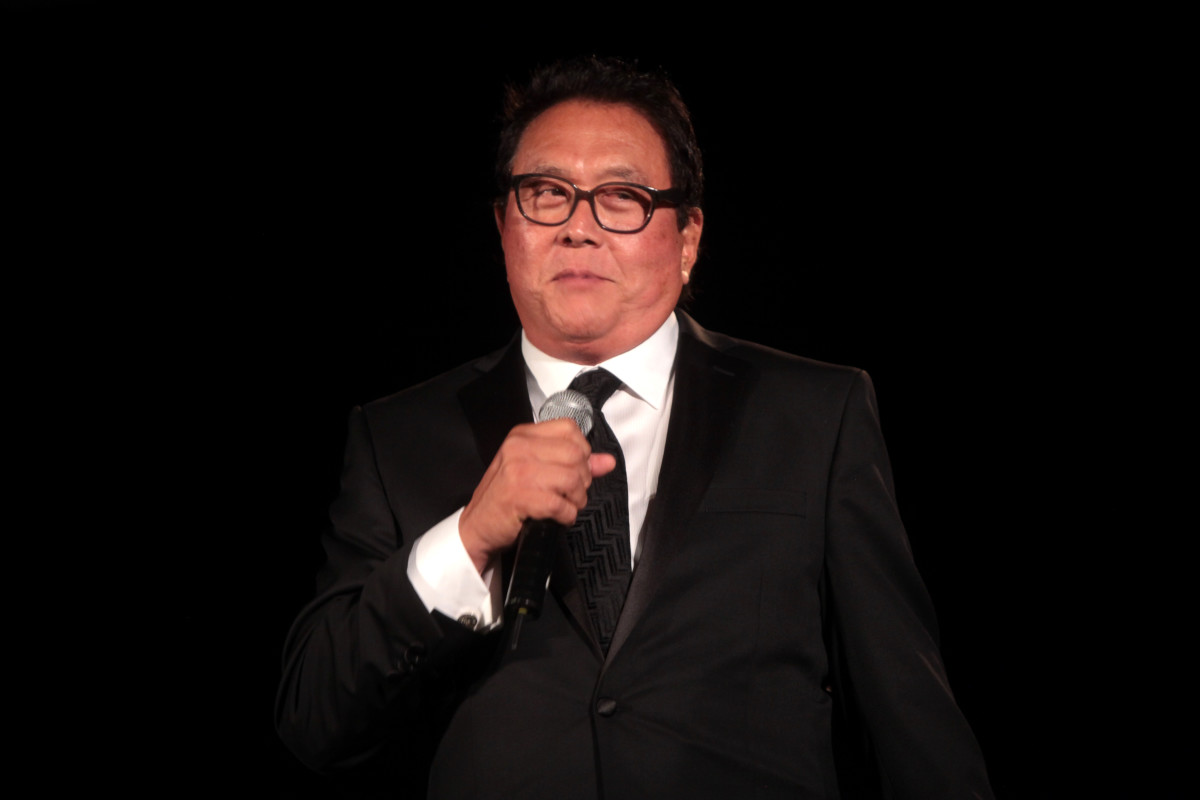Personal Finance Basics
Smart Planning Yields Big Dividends
By force of habit I constantly read all things pertaining to the financial markets-my targets of choice usually are: Mergent Online, IbisWorld, Barron's, Bloomberg and occasionally, Yahoo Finance. I imagine that I'm very similar to the many other investors who are also busy poring over balance sheets, income statements, and 10-K reports. Personal finance was a hobby many, many years before I received a formal education on the subject. To the casual observer few things are as boring or yawn-inducing as a collection of reports or financial statements. This sentiment is understandable-I feel exactly the same way whenever I stumble upon the wiring schematic of a Toyota Camry. I get dizzy staring at all those lines jutting out every which way, not a pretty sight...
Many people experience similar feelings when confronted with what at the surface appears to be a complex financial decision. An explanation is in order here. I've noticed that in the past five years most news programs have expanded their coverage of the stock market-these news programs will usually offer soundbites or what appears to be analysis of an emerging company. The idea meant to be conveyed is usually along the lines " these guys are reporting solid earnings and great growth opportunities, might as well buy in while you can..." I remember discussing this phenomenon with a friend of mine-he told me that he often felt like he was missing out on the opportunity of a lifetime if he didn't invest in whatever company was being discussed at the time. He just didn't know where to begin.
Not knowing where to begin-this one simple truth usually stops most people dead in their tracks. Indecision. Information overload. Fear. We're all familiar with all these factors but we must grow accustomed to performing in spite of them.
So where do we begin, if we are to get our financial house in order? First, we need to get a handle on our domestic cash management. What we do is utilize a notebook and write down what we earn, what we spend on our housing expenses (rent, mortgage, insurance, etc.,) utilities, cable, groceries, transportation, fuel, health insurance, clothing and entertainment. Ideally we want our income to be greater than the sum of all our expenses and if it is not we need to quickly address the problem area and rectify it with a long-term solution.
Is is important to get in the habit of analyzing the various areas where money is coming in and where money is being spent. We have to adopt the mentality of an accountant if we desire to achieve cohesion and harmony with regards to our domestic finances. Let us assume for the moment that in our rosy scenario our salary exceeds our expenses and thereby affords us a nice little surplus. What shall we do with these excess funds?
After we establish firm control of our domestic environment we must next create an emergency fund-something to tide us over in case of an unforeseen calamity. This is especially important for young families with several children. These families are constantly being surprised by unexpected medical bills, educational media, and other associated expenses relating to the successful upbringing of their children. An emergency fund will go a long way toward counteracting this financial stress. A good rule of thumb for an emergency fund dictates that it should adequately cover expenses for 3-6 months. Factor in a larger emergency fund if the following applies: A larger family, a sole proprietor, greater than average medical expenses, a high-risk occupation and seasonal employment. In the beginning the funds for the emergency fund can be deposited in a savings account and/or an interest-bearing checking account. The next step would be to deposit the growing fund in a money market mutual fund and a 6-12 month certificate of deposit (cd). As the fund grows portions can be placed in cds with maturities of2-5 years. A word of caution on cds: Early withdrawals will incur sizable penalties so great care must be exercised.
We've scrimped and saved and lived on Ramen noodles for days at a time. But we FINALLY established our emergency fund...perhaps we can even pat ourselves on the back? Not so fast! The next area that we need to examine is insurance. We have to prepare ourselves for the possibility of an accident or two. To pretend that we will never suffer a mishap is to live a deluded life. What do we do? We need to ensure that we have ample comprehensive coverage for our autos and for our family. This is a critical area-intense soul-searching will be necessary here. If the members of the family are especially adventurous and thrive on extreme sports then be prepared for oversized deductibles. The idea here is to avoid a hasty trip to the poorhouse as a result of larger-than-average medical expenses or auto accidents, for example.
The next area that needs to be examined is the area of taxes. This is especially true if a person owns several houses or properties. The advice of a CPA or a Tax Accountant will prove invaluable here. These individuals can advise the property owner on the proper taxes for the sale of property, the various deductions, the differences between the Traditional and the Roth IRA and proper treatment of healthcare expenses.
This will be a good place to pause for now. On the next installment we'll discuss long-term and short-term financial goals, home ownership and investments.








